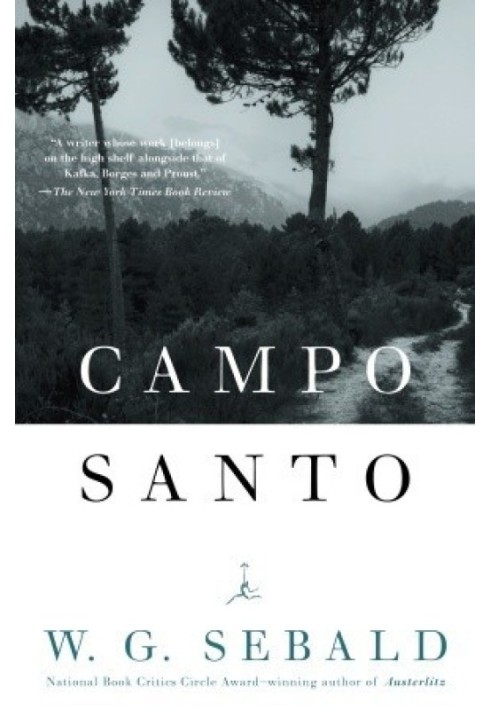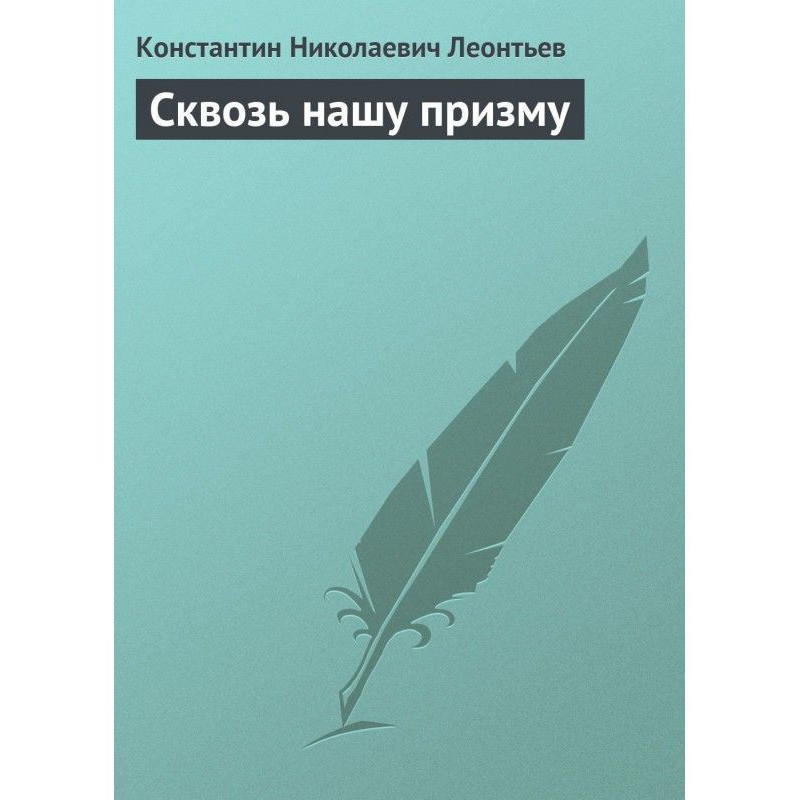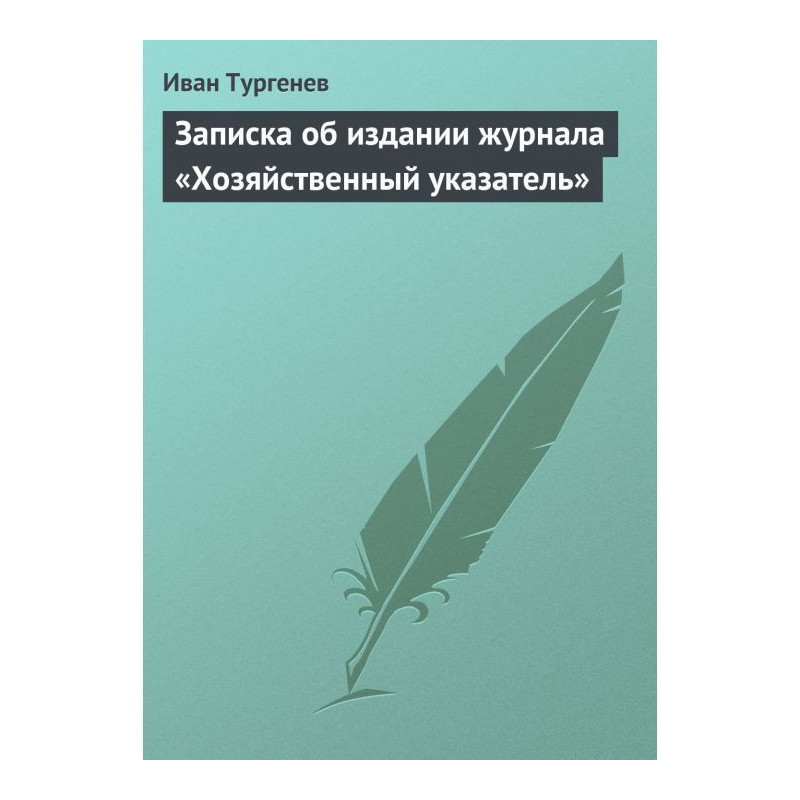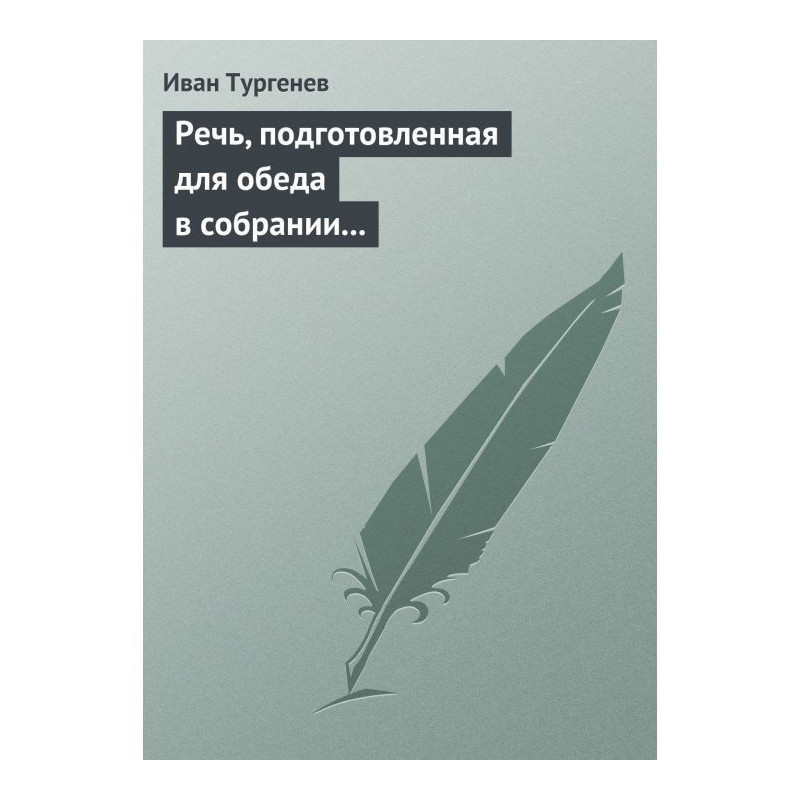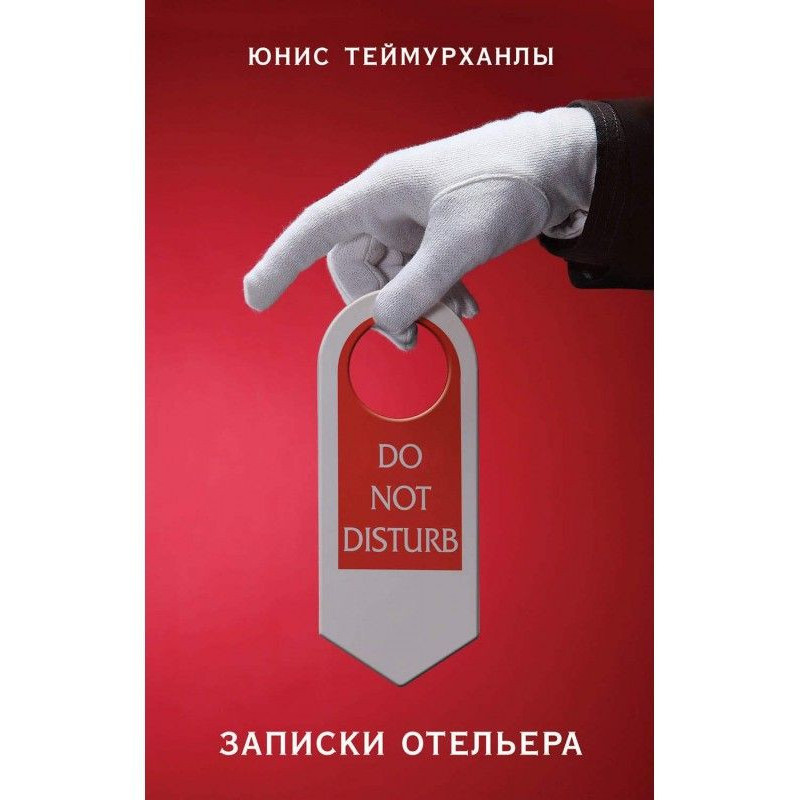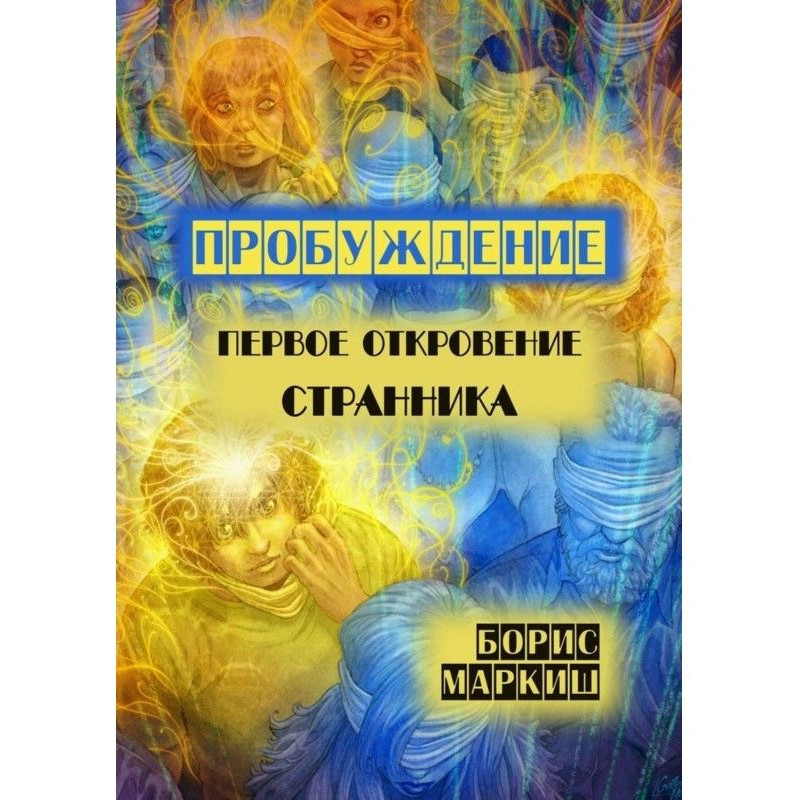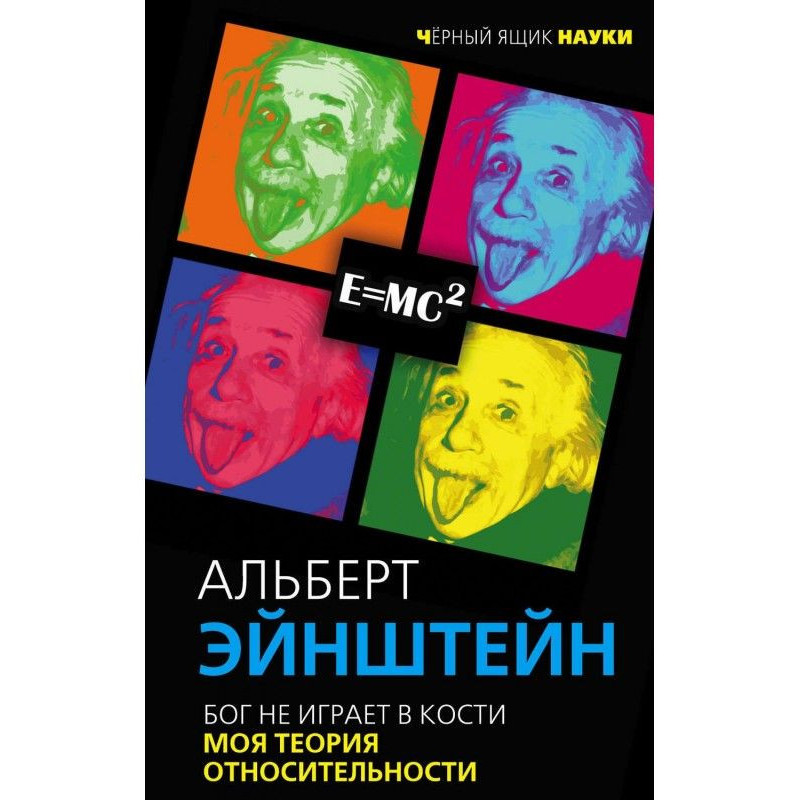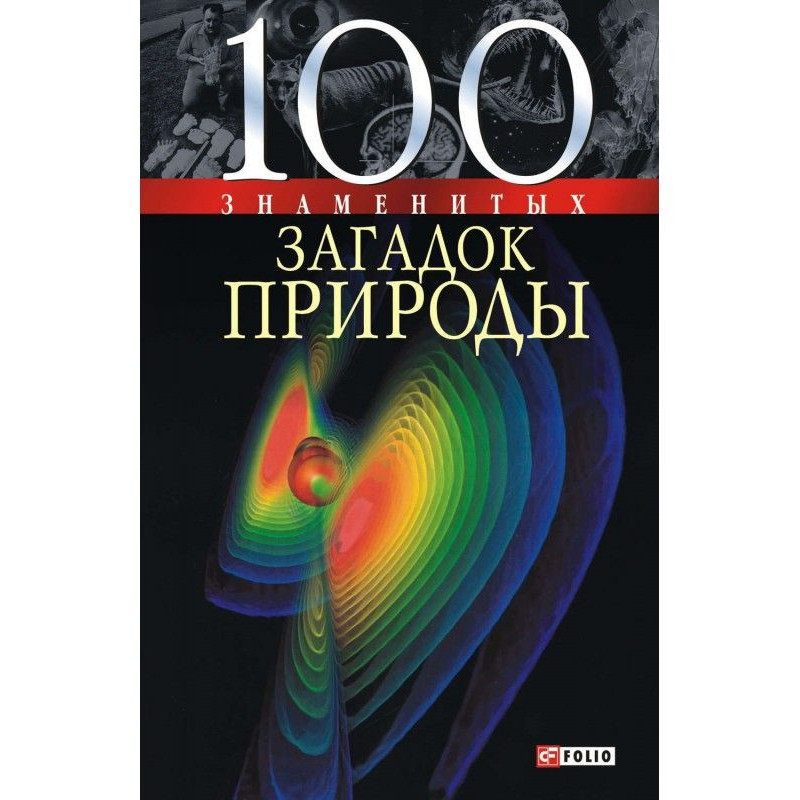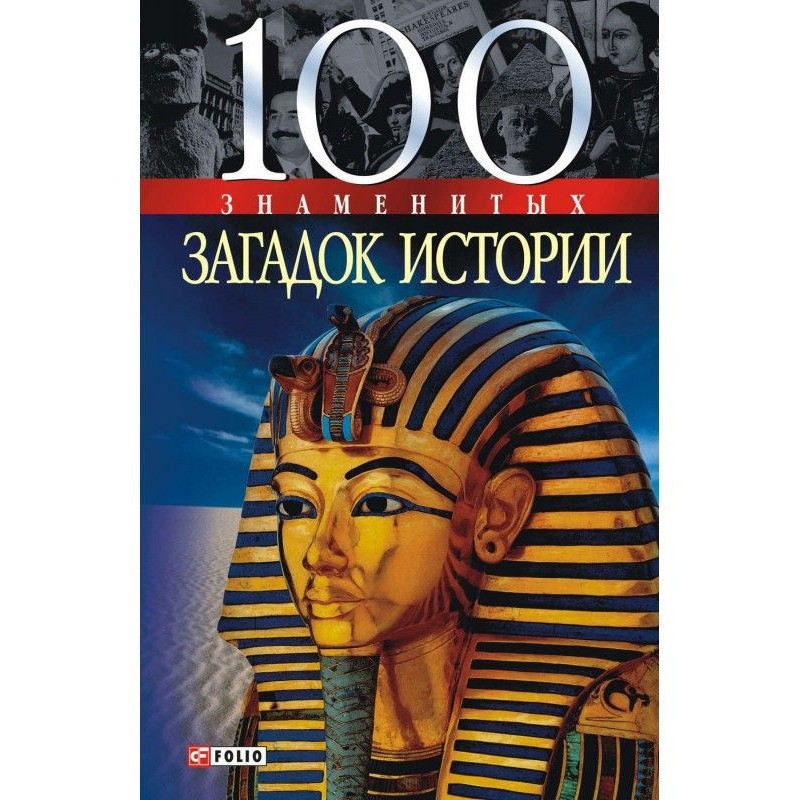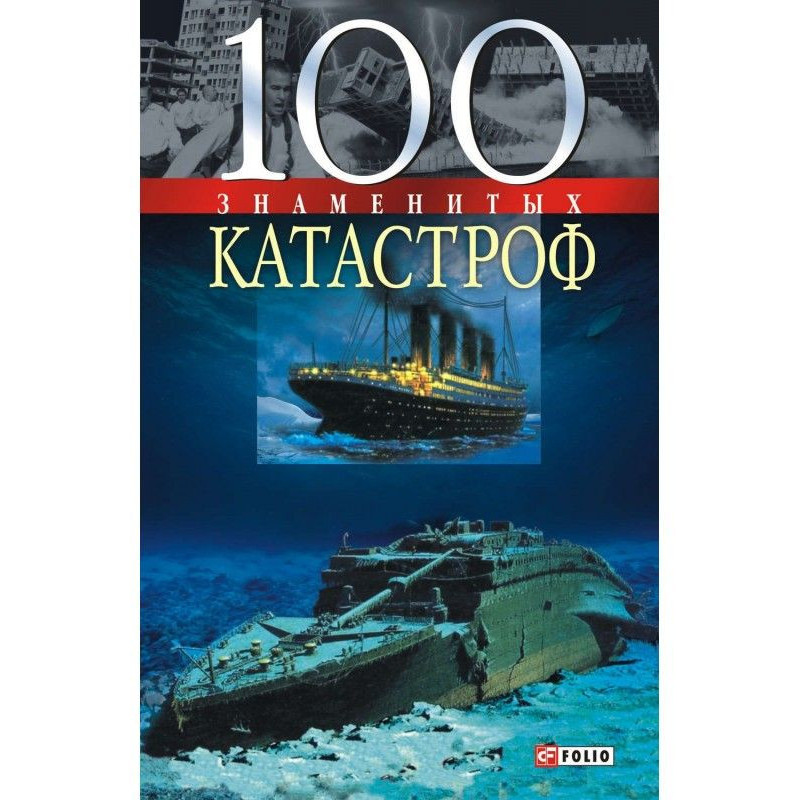Campo Santo
 Instant download
Instant download
after payment (24/7)
 Wide range of formats
Wide range of formats
(for all gadgets)
 Full book
Full book
(including for Apple and Android)
This final collection of essays by W. G. Sebald offers profound ruminations on many themes common to his work — the power of memory and personal history, the connections between images in the arts and life, the presence of ghosts in places and artifacts. Some of these pieces pay tribute to the Mediterranean island of Corsica, weaving elegiacally between past and present, examining, among other things, the island’s formative effect on its most famous citizen, Napoleon. In others, Sebald examines how the works of Günter Grass and Heinrich Böll reveal “the grave and lasting deformities in the emotional lives” of postwar Germans; how Kafka echoes Sebald’s own interest in spirit presences among mortal beings; and how literature can be an attempt at restitution for the injustices of the real world.Dazzling in its erudition, accessible in its deep emotion, Campo Santo confirms Sebald’s status as one of the great modern writers who divined and expressed the invisible connections that determine our lives.
“W. G. Sebald exemplified the best kind of cosmopolitan literary intelligence — humane, digressive, deeply erudite, unassuming and tinged with melancholy. . In [Campo Santo] Sebald reveals his distinctive tone, as his winding sentences gradually mingle together curiosity and plangency, learning and self-revelation. . [Readers will] be rewarded with unexpected illuminations.”— The Washington Post Book World
“Brilliant … bursting with flavors … at once precise and luscious … [Campo Santo] reminds us what a significant loss [Sebald’s] early passing was to the literary world.… [The] travel essays on Corsica are absolute gems.… [D]iscussions of Nabokov, Kafka, Gunter Grass, and the schizophrenic poet Herbeck … provide a satisfaction as rare as a perfect meal.”— The Boston Globe
“[A] darkly companionable voice … This magnificent writer may have left abruptly, but his own shadow lingers.”— The New York Times Book Review
“Max Sebald has begun to be widely recognized as one of the most important prose writers of the past 20 years.”— The Economist
“Nuanced … multidimensional … Ruminative and elegiac, the late W. G. Sebald wove threads of timelessness connecting past and present.”— The Dallas Morning News
“All of Sebald’s books are about journeys … [and he] is an entertaining guide.”— The New York Review of Books
“[Sebald] is prone to visions, hallucinations, and premonitions, usually induced by a confrontation with a personal memory or a historical site. These are the source of the subdued horror of much of Sebald’s work, and also of its very dry humor.… Four fragments of a literary work about a trip to Corsica … have the virtues of Sebald’s best work, with its odd blend of fiction, memoir, history, and travelogue.”— The New York Sun
“Stunning … intensely observant, erudite, lyrical, and provocative … Detailed descriptions of Sebald’s wanderings on [Corsica] turn into musings of astonishing beauty and insight into history, environmental decimation, and our feelings about death. These arresting meditations, brilliant syntheses of thought and feeling, are followed by masterful, passionate critical essays expressing Sebald’s belief in the healing power of literature and our obligation to remember the past and respect life in all its wonders and mysteries— Booklist
“[A] masterful translation … Sebald was a beautiful and intelligent writer.”— Publishers Weekly
“If you thought literary modernism was dead, guess again. The spirit of such masters as Kafka and Borges lives on in the [work] of W. G. Sebald.”— The Wall Street Journal
Data sheet
- Name of the Author
- Винфрид Зебальд Георг
- Language
- Ukrainian
- Release date
- 2011
- Translator
- Anthea Bell

